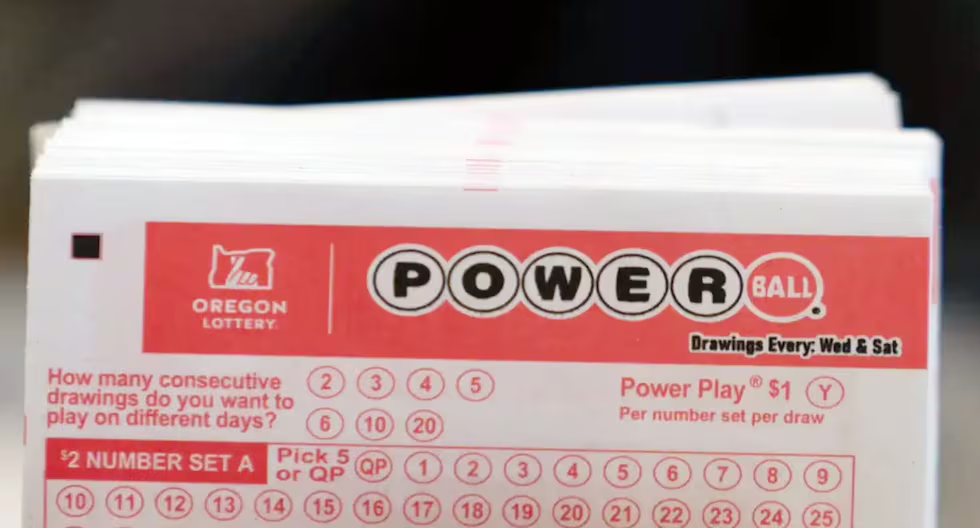Every weekend in the US brings a packed schedule of sports action. From college football Saturdays and NFL Sundays to NBA, NHL, and baseball in season, the options for bettors are endless. With so many games on the board, one common question arises: How many bets should I actually make on an average weekend?
The answer isn’t the same for everyone. Some bettors prefer firing multiple small wagers across different sports, while others focus on one or two high-confidence picks. The right number depends on factors like bankroll size, risk tolerance, and betting strategy.
Also Read: US sports betting taxes explained: Find out which states charge the highest and lowest rates
This article breaks down how US bettors can decide the ideal number of wagers for a typical weekend, the pitfalls of over-betting, and smart guidelines to keep betting enjoyable and sustainable.
Quality over quantity
The first thing to remember is that betting more does not necessarily mean winning more. Sportsbooks set odds with precision, and spreading your money too thin across dozens of bets can quickly drain a bankroll.
Instead, successful bettors emphasize quality over quantity. That means identifying a few spots where you believe the odds are mispriced, rather than betting every game just because it’s on TV.
Bankroll management as the key factor
The number of bets a bettor should place is tied directly to bankroll management. A common rule is to risk 1–5% of your total bankroll on each bet.
For example:
- If your bankroll is $1,000 and you bet 2% per wager, that’s $20 per bet.
- If you’re comfortable making 5–6 bets over the weekend, you’ll risk about $100–$120 in total, which keeps your bankroll protected.
The goal is to stretch your bankroll across the season, not blow it on one weekend of action.
Weekend betting guidelines
- Casual bettors: 2–4 bets on games you know well can keep things fun without adding stress.
- Semi-serious bettors: 5–8 bets across Saturday and Sunday is manageable if you have time to research.
- High-volume bettors: 10+ bets may work for experienced players with tracking systems and strict discipline, but this approach isn’t for most casual fans.
The key is to avoid chasing losses. If your early bets lose on Saturday, adding more wagers on Sunday to “get even” is one of the fastest ways to derail your strategy.
Avoiding the weekend trap
The weekend is tempting because more games are available, especially during NFL and college football season. Many US bettors fall into the trap of betting simply because they don’t want to miss out.
Ask yourself:
- Do I have a real edge in this matchup?
- Or am I betting just because it’s a primetime game?
By answering honestly, you’ll naturally trim down to the right number of bets for your style.
There is no magic number of bets that works for every US bettor on an average weekend. What matters most is balancing entertainment with smart bankroll management. For most recreational bettors, 3–6 carefully chosen wagers each weekend strikes the right balance between action and control.
Also Read; How to use injury reports to gain an edge in NFL betting
FAQs
Q1: Is it better to make one big bet or several small bets on a weekend?
Several smaller bets are usually safer. They spread risk across multiple outcomes instead of hinging everything on one game.
Q2: What if I feel confident about more than 10 bets on a weekend?
Confidence is good, but over-betting increases exposure to variance. Even strong bets can lose. Focus on your very best picks.
Q3: How do professional bettors decide how many bets to make?
Professionals stick to strict bankroll percentages. They may place fewer but larger wagers, or spread many bets across the board, but always within a disciplined system.
Q4: Should I change my bet volume during playoffs or the Super Bowl?
Not necessarily. Big events attract more public money, but that doesn’t mean more opportunities. Only bet if you see real value.
Q5: Does the number of bets matter more than the amount of money risked?
Yes. You can make 10 bets responsibly if each is small relative to your bankroll. The danger comes when the size of each bet is too large.








